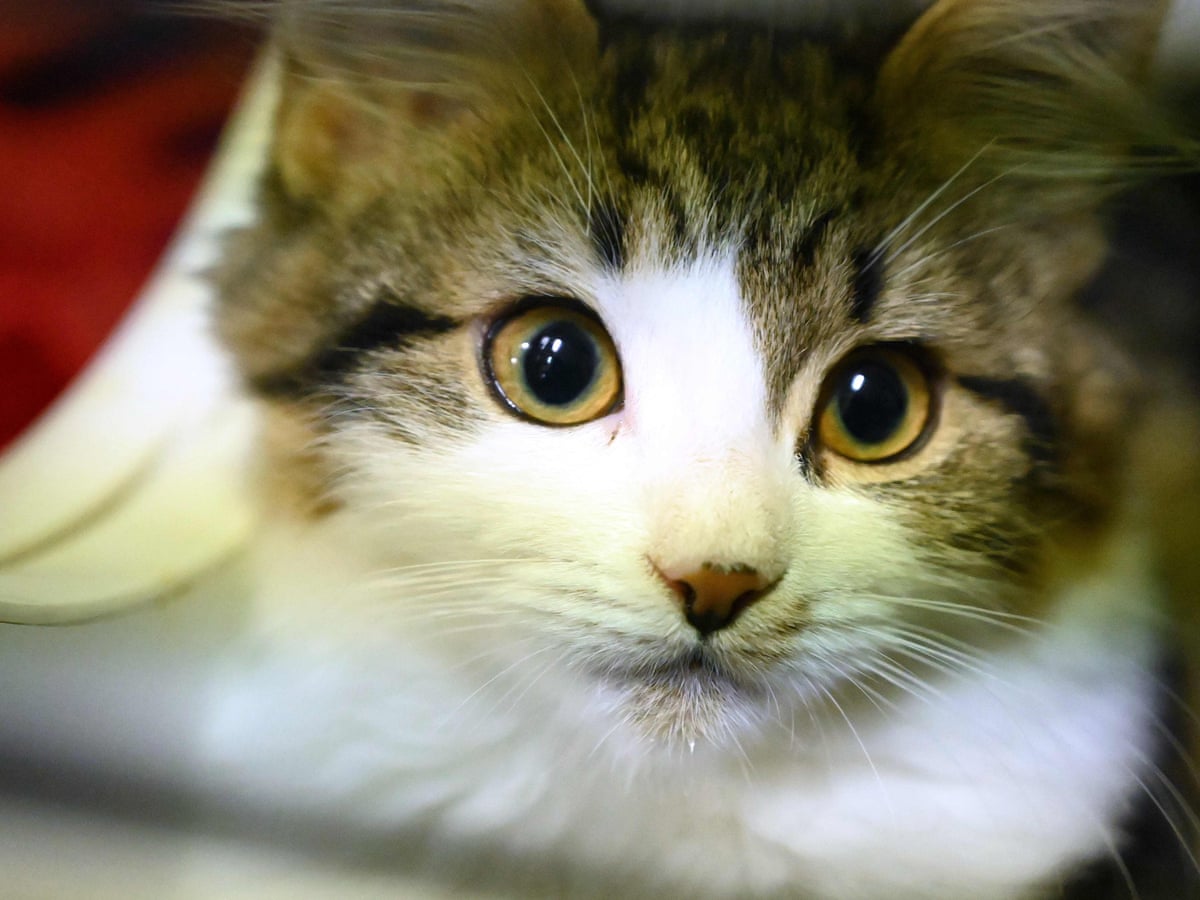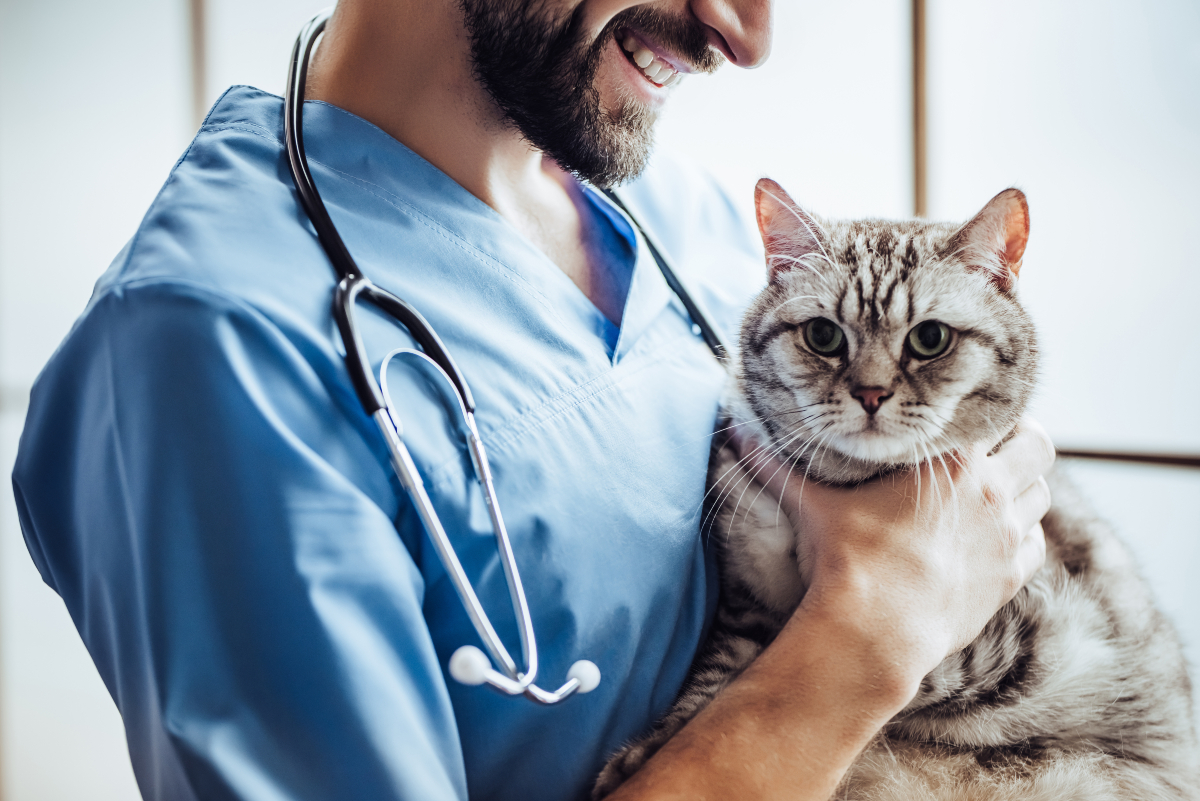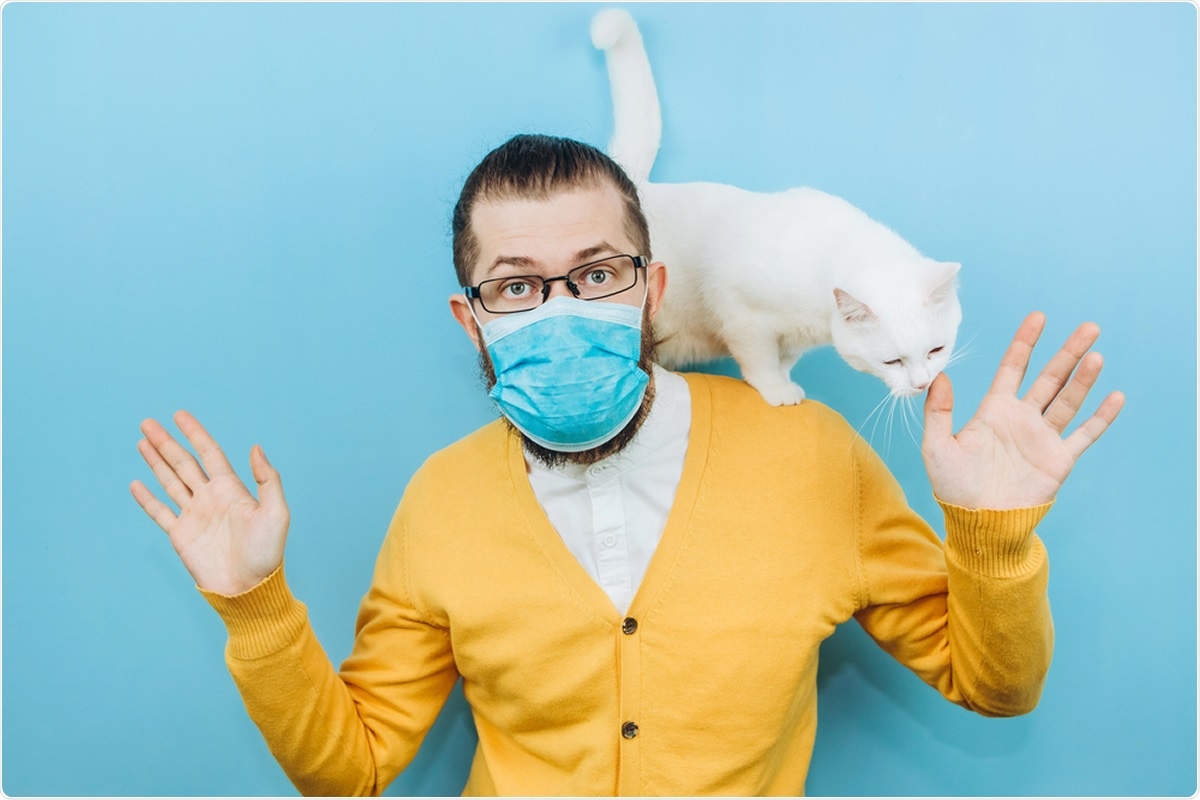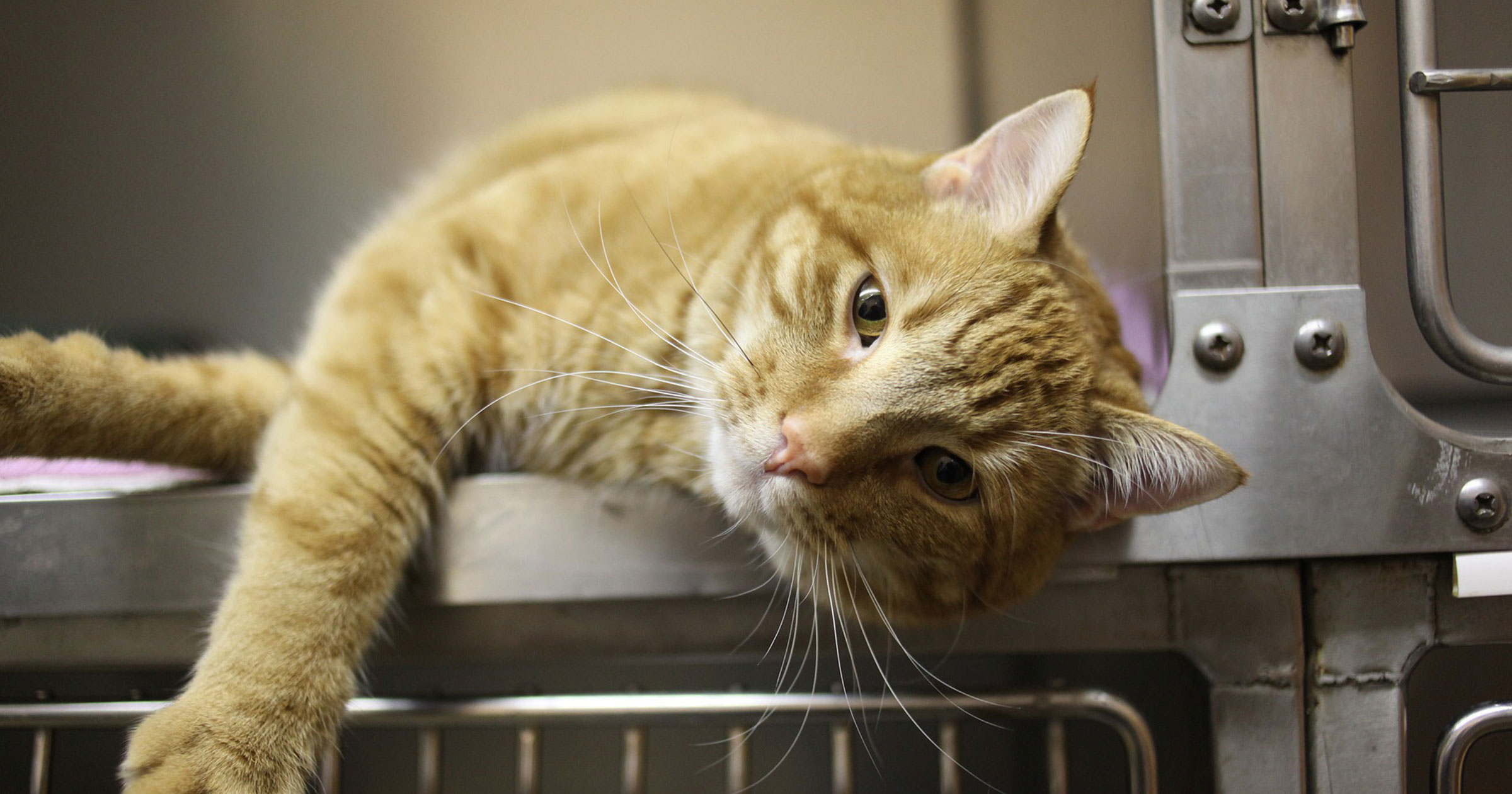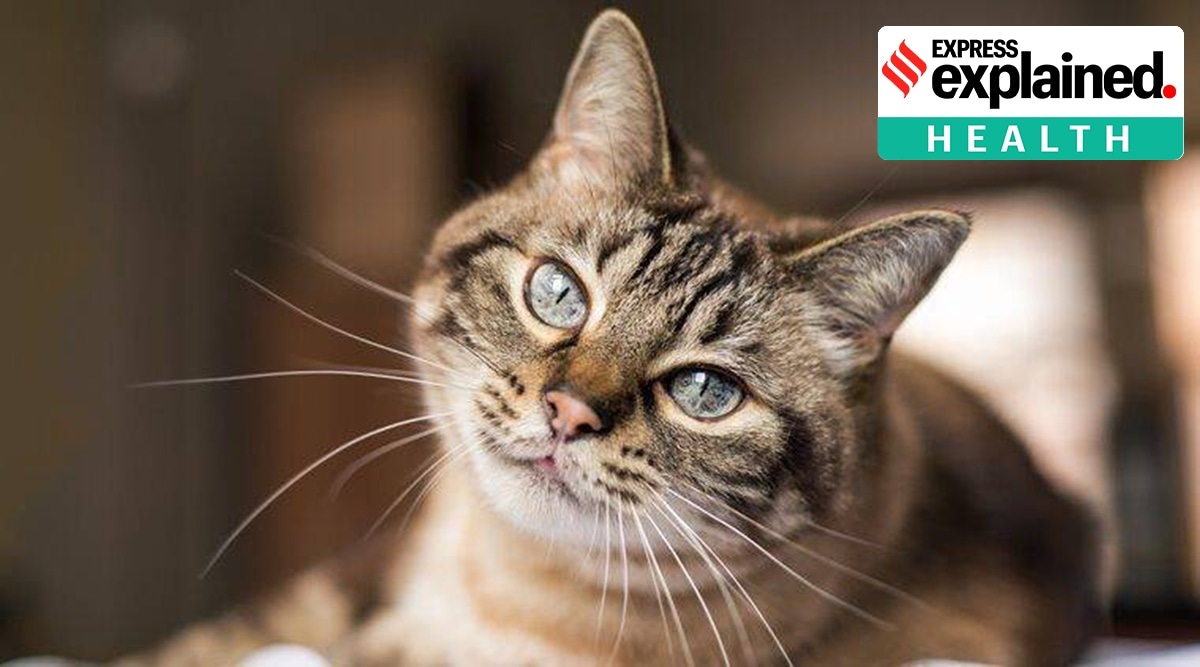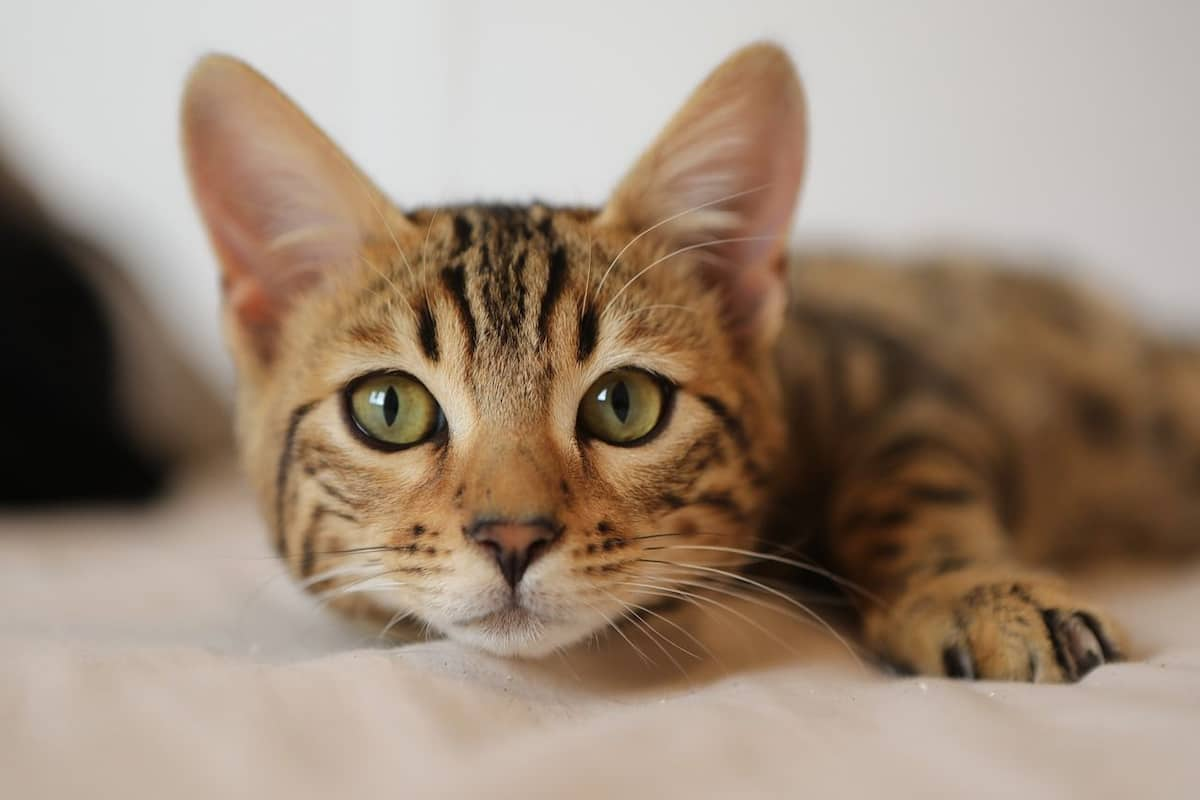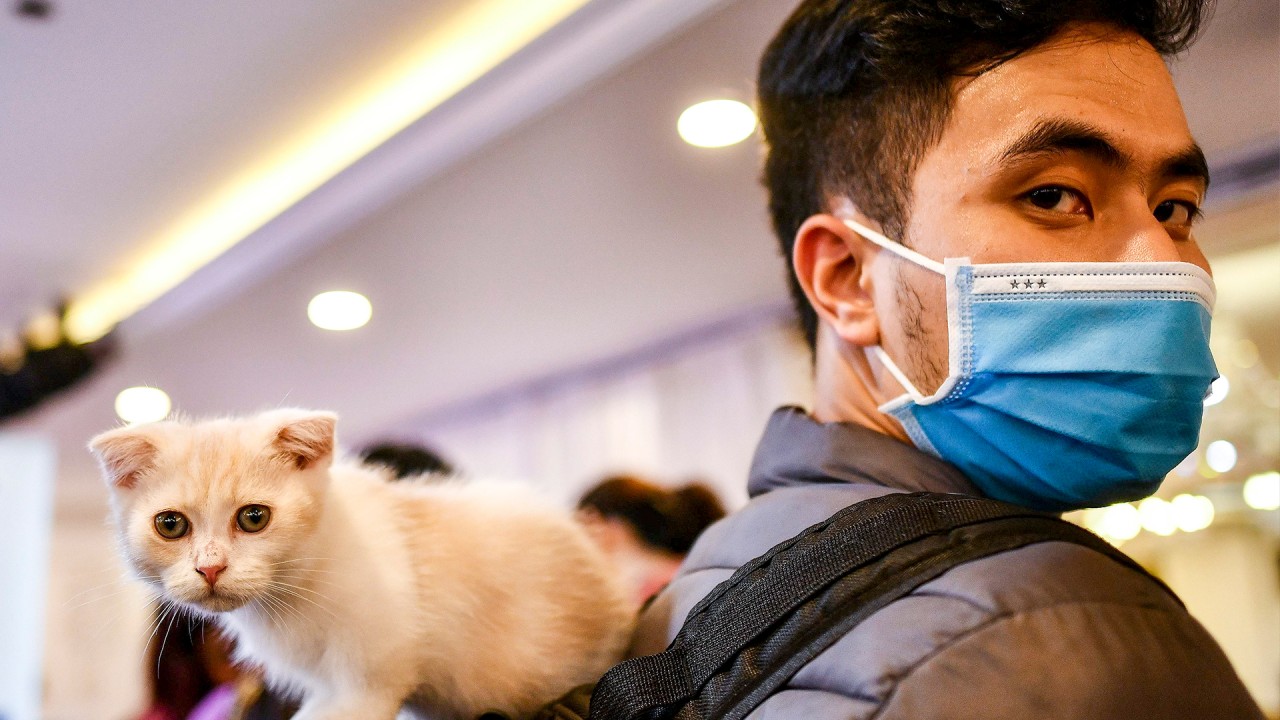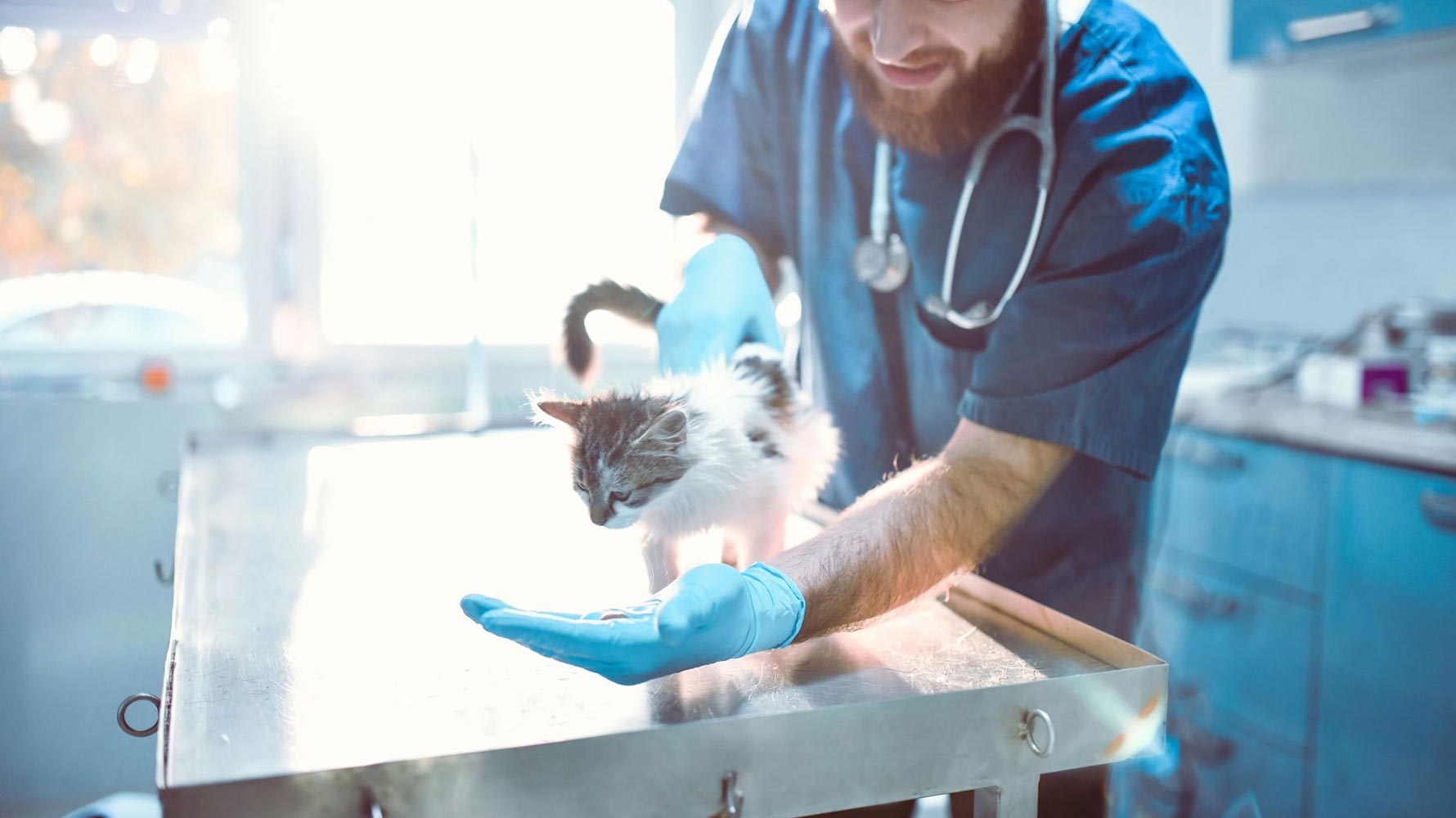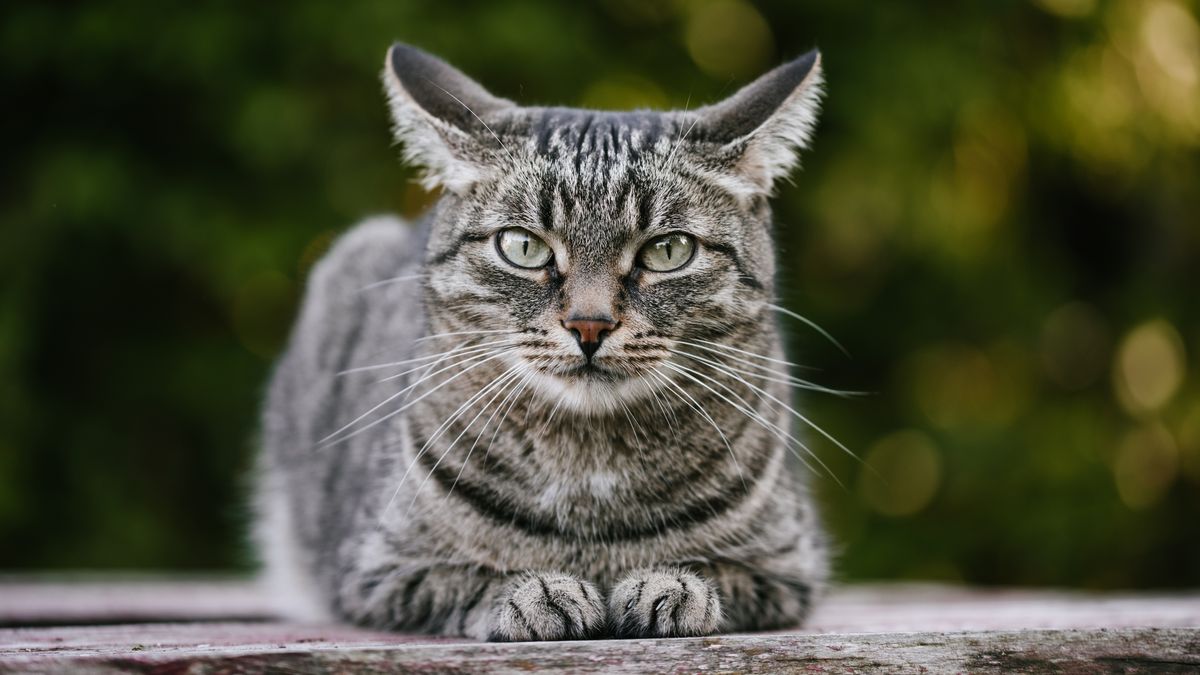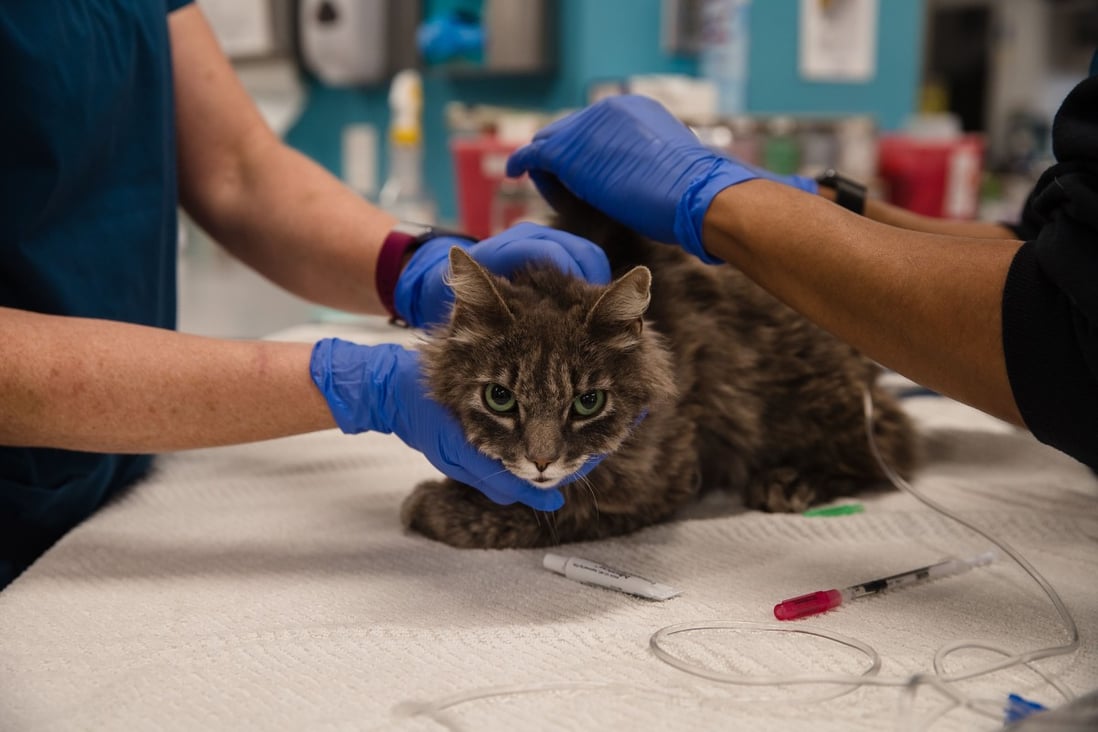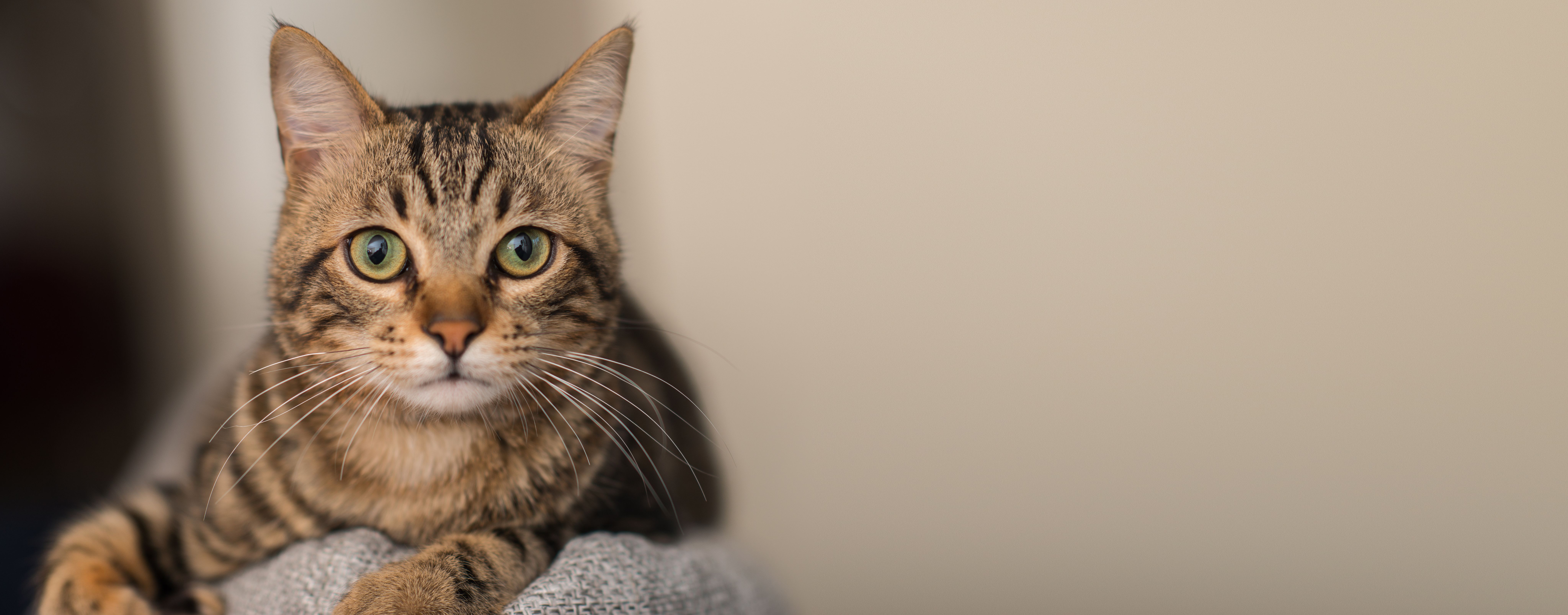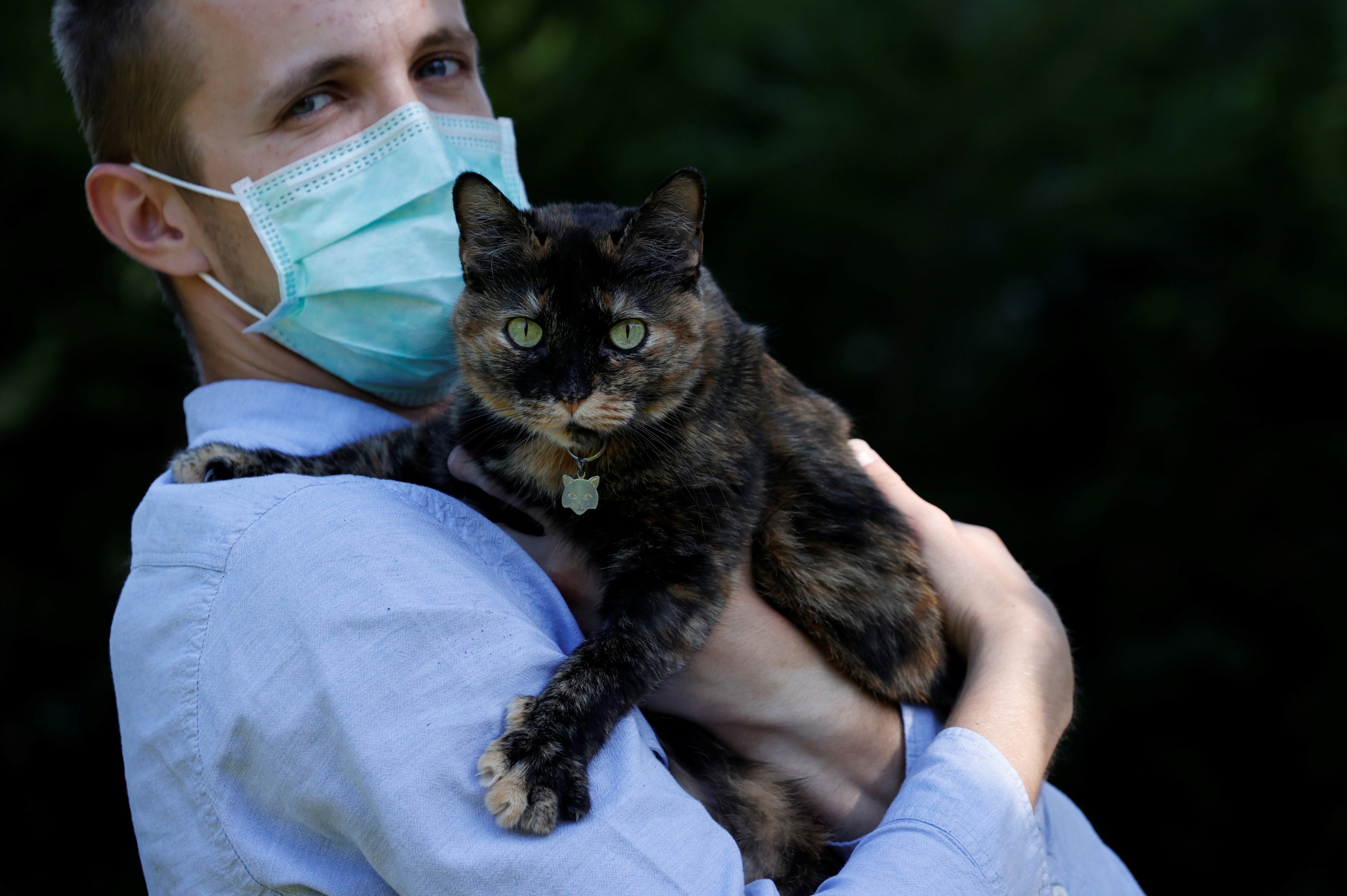Cats And Coronavirus Infection

Most of these animals became infected after contact with people with COVID-19 including owners caretakers or others who were in close contact.
Cats and coronavirus infection. There are no reports of infection. Public concern about felines was initially raised when tigers and lions at the Bronx Zoo in New York were found to be infected with SARS-CoV-2 the virus which causes COVID-19. According to the CDC the following signs may indicate that your cat has contracted COVID-19.
Ferrets cats and civets most susceptible to coronavirus infection after humans Ducks rats mice pigs and chickens had lower or no susceptibility to infection. This virus has been designated feline enteric coronavirus to differentiate it from FIPV. This happened mostly after the animals were in close contact with.
According to the US. An enteric coronavirus that is antigenically closely related to feline infectious peritonitis virus FIPV is ubiquitous in the cat population. Centers for Disease Control and Prevention a few pets including cats and dogs also have been infected with the virus that causes COVID-19.
How does a cat catch FCoV. The virus is shed in the feces by many seropositive cats. Three pet cats that tested positive for coronavirus were put down in the northeastern Chinese city of Harbin state-backed media reported leading to a social media backlash at what some viewed as.
In catteries it is a cause of inapparent to mildly severe. Some cats continue to shed virus indefinitely however. Mutation of the virus to a type that can infect macrophages leads to feline infectious peritonitis.
As yet poorly understood changes in the virus can give rise to mutants that lead to the development of feline infectious peritonitis FIP. Researchers state that it is much more likely that humans are giving the virus to their pets rather than pets causing humans to become sick. Feline enteric coronavirus typically causes a subclinical or mild transient intestinal infection in kittens.
